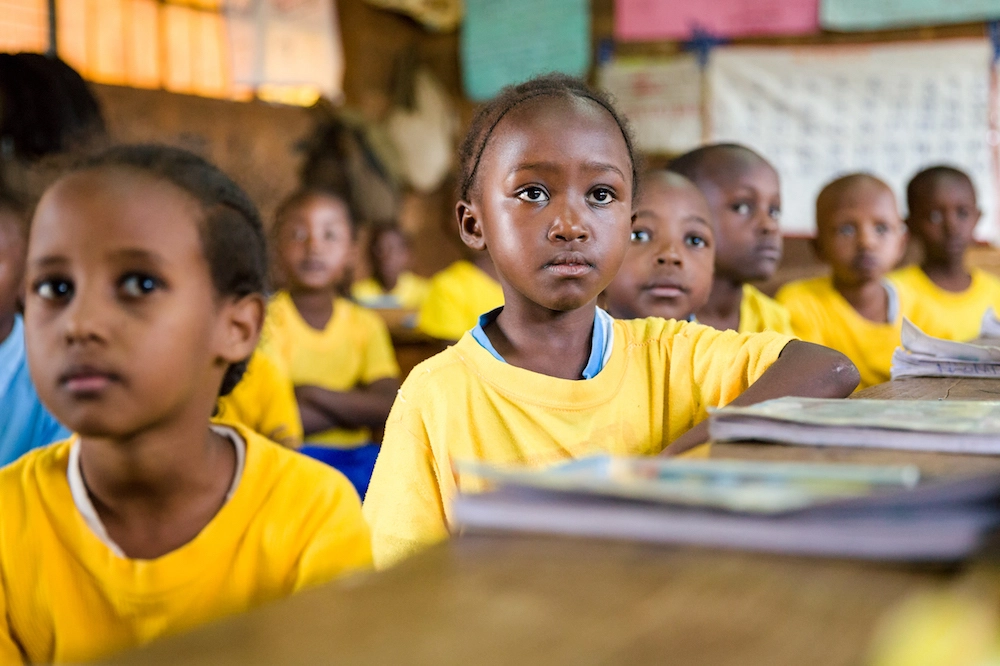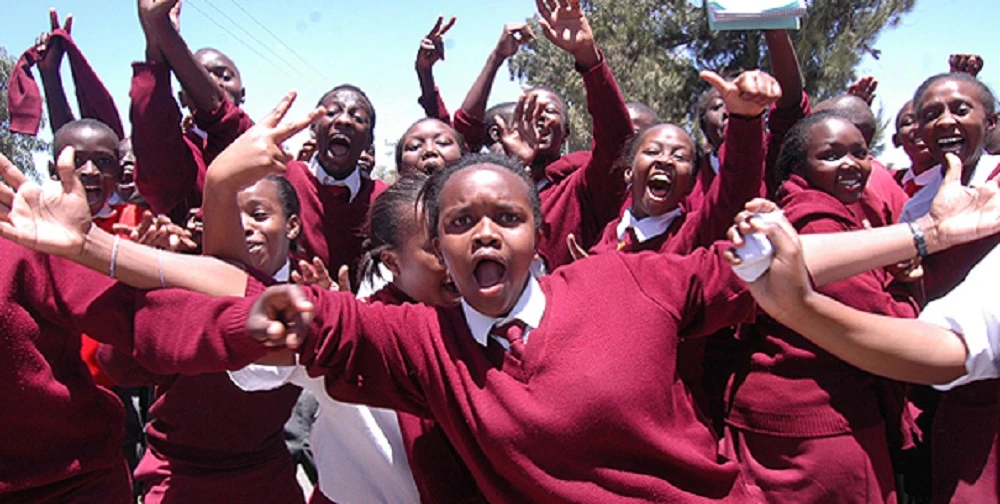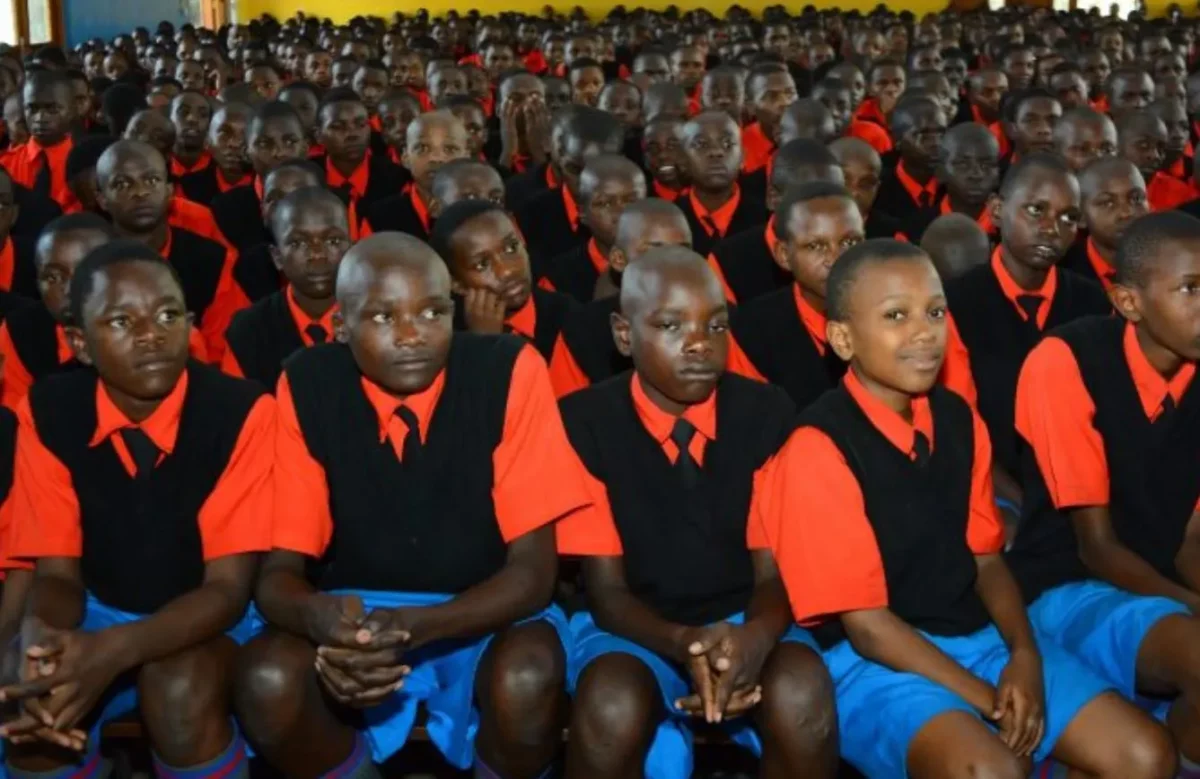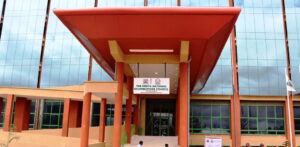Kenya, being a developing country, is grappling with low literacy levels at the moment. They have been trying to bridge that gap since the late Mwai Kibaki came into office and introduced free education. That however stands in jeopardy since the UDA government got into power.

There are families which, since the introduction of free primary education, have been aiming for it. To finish class 8, get a job or help out around the home.
“The education level with the highest completion rate in Kenya is primary schooling. The completion rate in terms of percentage for primary schooling is 49.8%,” according to World Bank
For other families, they are able to raise just enough to take the students through high school and for them to complete Form Four. Afterwards, some get married or are married off while most get jobs to do.

During Kibaki’s rule, they were able to integrate cheaper education at the university level where the government would sponsor students who got a C + and were placed in public universities. This has increased the number of people who have managed to attend university over the years marking great achievements in families. This is the main reason why they show up in buses and trucks during graduation.
This however stands in jeopardy as the government plans on removing all subsidies in education, while there’s an increase in the cost of living and reducing the number of government-sponsored students at the university level.
Removing subsidies from high schools will cause parents not to afford high school education. This means that there’ll be no cushion for parents in the payment of fees and will therefore be too costly for the middle class and poor in society. Consequently, more children end up completing their studies at the class eight level or grade 8 level.

For those that are lucky enough to manage to go through high school and make it to campus, the education will be too expensive for them. The criteria for government-sponsored students have been made so strict that only a chosen few will benefit from it. This means that a larger percentage will be disadvantaged and not afford campus education. Many will be left with the choice of seeking HELB funds which is just a way for them to be buried in debt even before they join the workforce.
In the end, we’ll have a larger number of illiterate people, more people living below the poverty line because they do not have the financial or educational literacy to acquire skills or start businesses. Moreover, those that manage to gain literacy levels will be buried in debt from their education and they end up living below the poverty line and registered under the CRB.
Free education was introduced to help increase literacy levels in the country, increase the number of skilled citizens, and create jobs and businesses by extension. The move aimed to benefit both the citizens and the state by getting literate citizens able to innovate and further develop the country.
Robbing the future generation of an ability to learn and grow is something detrimental and would take the country’s steps backwards instead of forward.
Read Also: Schools threaten to send their students home















